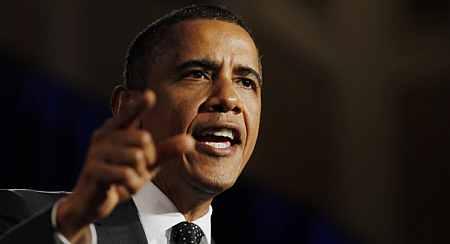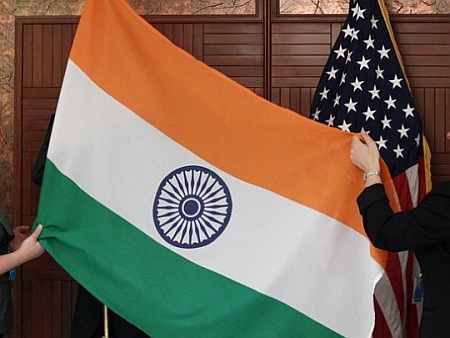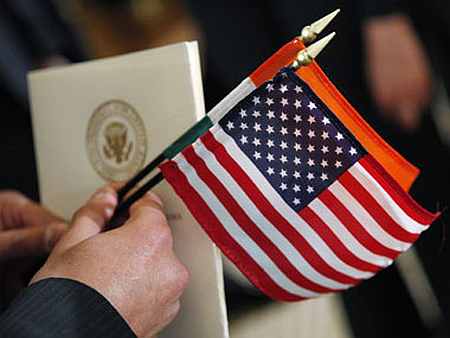
US President Barack Obama is known as a measured, temperate man, and his remarks on the Indian economy in an interview to the Press Trust of India this past weekend should bolster that reputation.
He explicitly stated a necessary disclaimer: "it is not the place of the US to tell other nations, including India, how to chart their economic future."
And then, whatever observations and advice he proffered were clearly demarcated as emerging from elsewhere than his own administration.
...

The American businesses, he said, were "great champions of the US-India partnership" but concerned that "it is still too hard to invest in India."
He also quoted "a growing consensus in India" that it was time for "another wave of economic reforms to make India more competitive in the global economy", pledging that the "difficult" reforms necessary would be accompanied by a continuing partnership with the United States.
And, of course, he paid the requisite verbal obeisance to "India's incredible growth and development in recent decades".
...

Nothing Mr Obama said is in any way new or controversial. It is indeed the case that foreign direct investment (FDI) continues to be limited in India, and that foreign companies find it hard to invest.
Many in India certainly feel a second generation of reforms is overdue.
That Mr Obama's comments have nevertheless provoked criticism across the political spectrum is a sad reflection of the debasement of India's public discourse, which is wedded to Pavlovian, knee-jerk defensiveness.
...

Corporate Affairs Minister Veerappa Moily, as is the United Progressive Alliance leadership's wont, blamed a foreign conspiracy, saying that "international lobbies like Vodafone" had led to Mr Obama "not being properly informed".
Presumably, Mr Moily thinks everybody in the White House is too busy meeting lobbyists to read an Indian newspaper.
While the CPI(M)'s apoplectic comments are in keeping with the inflexible anti-Americanism that is its sole remaining ideology, the nominally reformist Bharatiya Janata Party's response is perhaps the worst.
...

It seems it takes little for the party's swadeshi hackles to rise, with Yashwant Sinha saying "it won't come just because he's demanding it", and Mukhtar Naqvi snapping that India needed no advice from a country itself "facing economic problems".
The immaturity on display from India's politicians compares unfavourably to the care with which Mr Obama answered the questions he was asked.
In fact, Mr Obama's interest, like that on display last week from the prime minister of Singapore, should be welcomed. It reflects more than just concern for India as an investment destination.
...

It shows that across the world, countries place importance on India's economic strength because they judge it serves their own self-interest.
A secure, economically prosperous India is of immense strategic value to the United States, to the Gulf, and to Southeast Asia.
That world leaders feel it necessary, now, to be well-informed about India's internal debates – such as on FDI in retail – and feel that their countries' fates are bound up in how India resolves these questions, should not be cause for complaint.